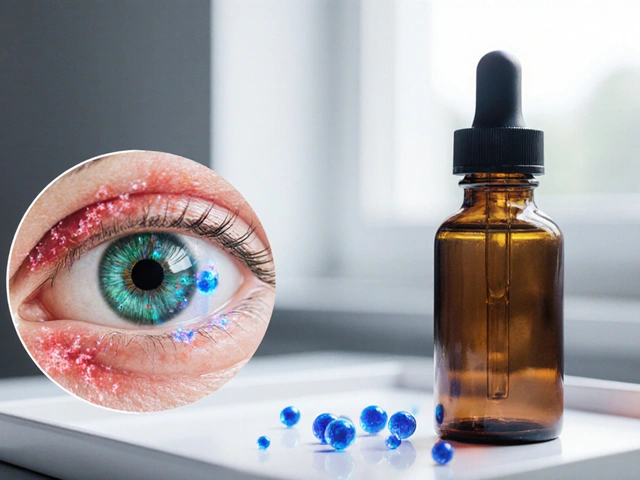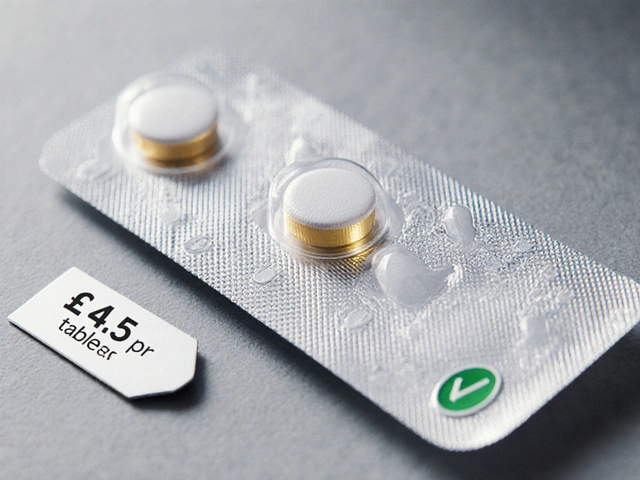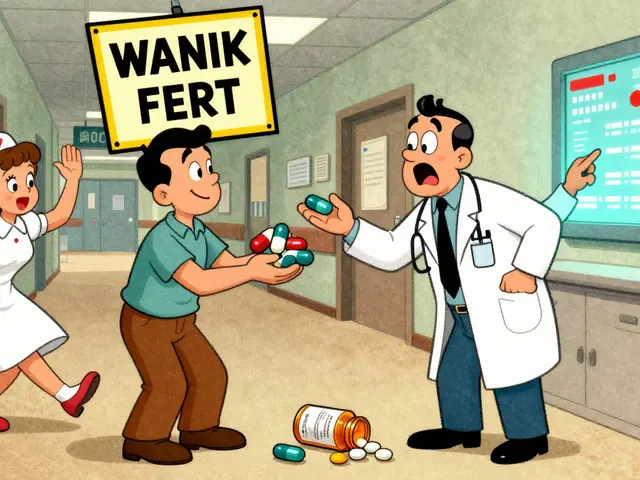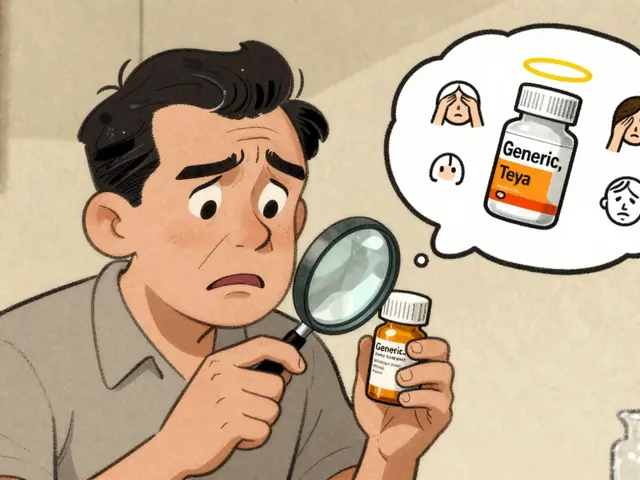Caffeine Essentials: What It Does and How to Use It Safely
Ever wonder why that morning cup of coffee feels like a super‑power boost? That kick comes from caffeine, the world’s most popular stimulant. It’s in coffee, tea, soda, energy drinks, and even some meds. Understanding how caffeine works helps you enjoy its perks without the jitters.
How Caffeine Fires Up Your Body
Caffeine blocks a brain chemical called adenosine. Adenosine normally tells you to slow down and feel sleepy. When caffeine steps in, that sleepy signal gets muted, so you feel more alert. At the same time, your brain releases a little more dopamine and norepinephrine, which sharpens focus and lifts mood.
Benefits You Can Feel
Most people notice a clearer mind and a burst of energy about 15‑30 minutes after sipping a caffeinated drink. Research shows moderate caffeine can improve short‑term memory, reaction time, and even physical performance. That’s why athletes often sip a coffee before a workout.
Beyond the buzz, caffeine may lower the risk of certain diseases. Regular coffee drinkers have been linked to lower rates of Parkinson’s, type 2 diabetes, and some liver problems. The key word is “regular” – a consistent, moderate amount seems to matter.
How Much Is Too Much?
Most health agencies say up to 400 mg of caffeine a day is safe for healthy adults. That’s roughly four 8‑oz cups of brewed coffee. Teens should stay under 100 mg, which is about one cup of coffee or two cans of soda.
Going over the limit can bring unwanted side effects: rapid heartbeat, stomach upset, anxiety, or trouble sleeping. If you notice any of these, cut back and see how you feel.
Practical Tips for Smart Caffeine Use
- Start low. If you’re new to caffeine, try a small cup of tea and see how it affects you.
- Avoid caffeine late in the day. Even a late‑afternoon coffee can mess with your sleep.
- Watch hidden sources. Some pain relievers, weight‑loss pills, and even certain protein powders contain caffeine.
- Stay hydrated. Caffeine is a mild diuretic, so drink water alongside your coffee.
- Know your tolerance. Genetics play a role, so two people can react very differently to the same amount.
Remember, caffeine isn’t a substitute for good sleep, a balanced diet, or regular exercise. Use it as a tool, not a crutch.
When to Skip Caffeine
If you have heart arrhythmias, anxiety disorders, or are pregnant, talk to a doctor before drinking caffeine. Some medications, like certain antibiotics and antidepressants, can interact with caffeine and cause stronger side effects.
Finally, listen to your body. If you feel shaky, anxious, or can’t sleep, it’s a sign to pull back. Adjust the amount, switch to decaf, or try a non‑caffeinated alternative like herbal tea.
With these basics, you can enjoy caffeine’s boost while keeping the downsides in check. Drink smart, feel good, and let caffeine work for you, not against you.
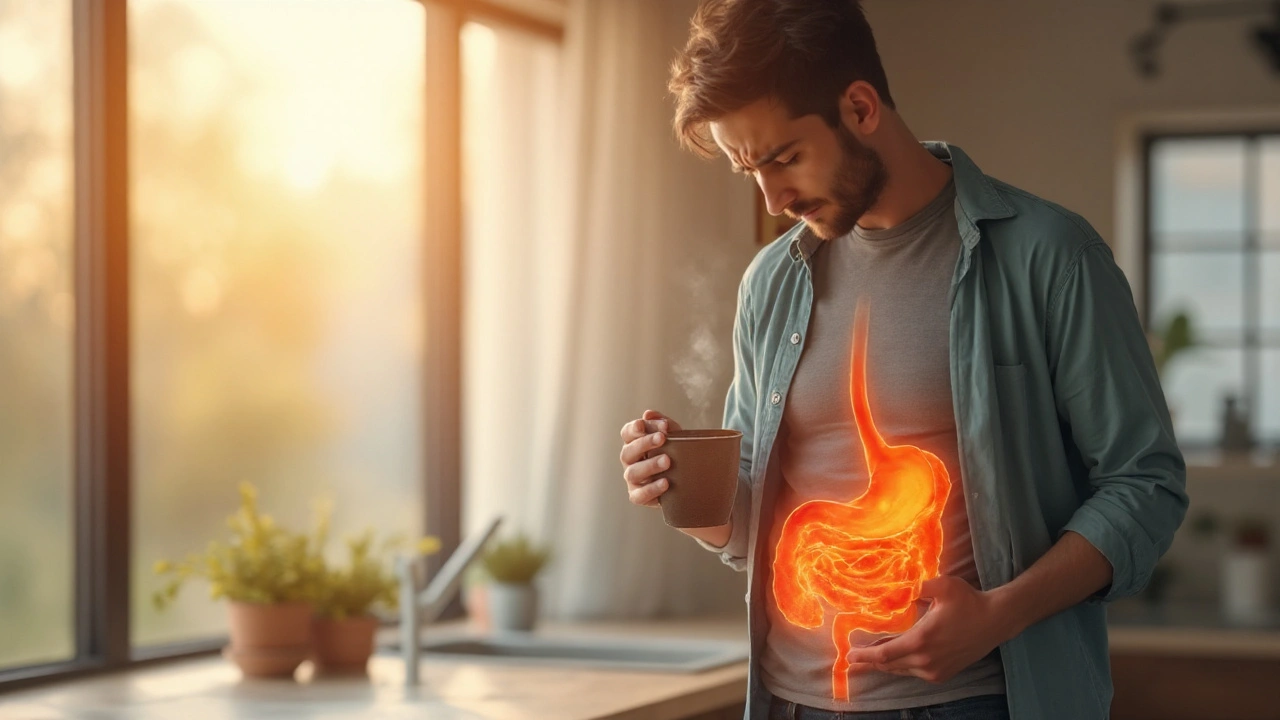
Caffeine and Functional Dyspepsia: What You Need to Know
- By : Tamsin Riverton
- Date : Sep 23 2025
Explore how caffeine affects functional dyspepsia, the science behind acid and gut motility, and practical tips to manage symptoms.
